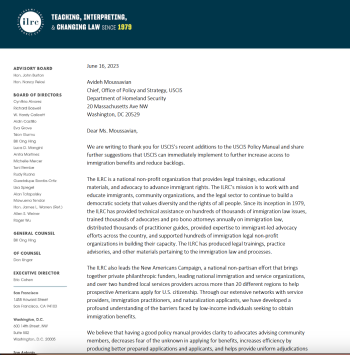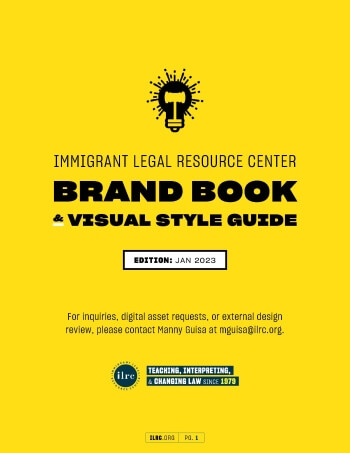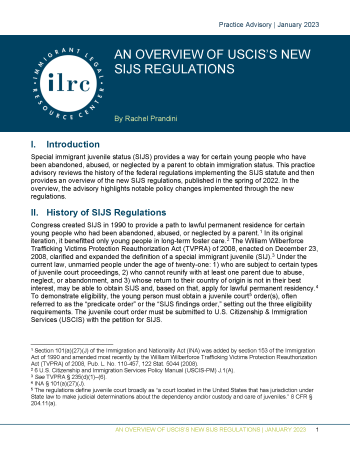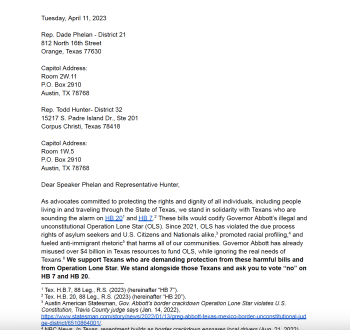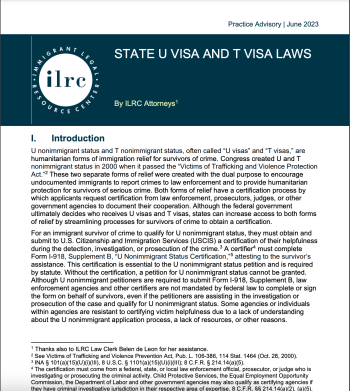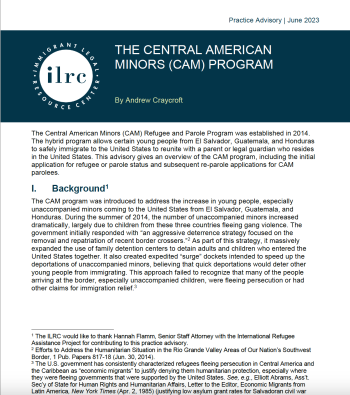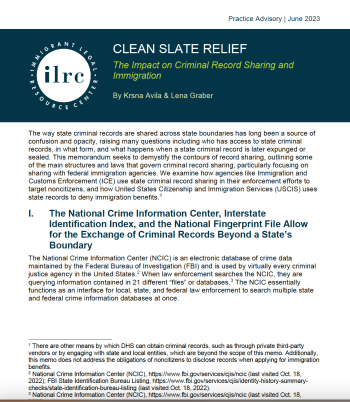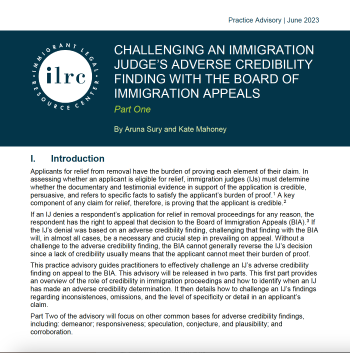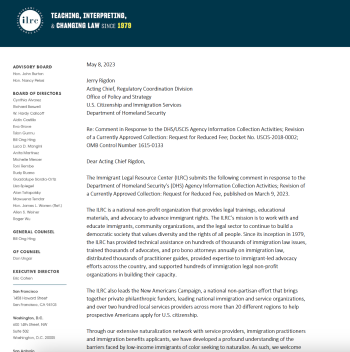The Immigrant Legal Resource Center (ILRC) immigration attorneys’ expertise focuses on family-based immigration, humanitarian relief, naturalization and citizenship, immigration enforcement, and removal defense.
Since 1979 we have helped expand the immigration expertise of attorneys, nonprofit staff, criminal defenders, and others assisting immigrant clients.
In addition to authoring the ILRC’s practice manuals, our expert attorneys have been published by Continuing Education of the Bar (CEB), American Immigration Lawyers Association (AILA), ILW.com, Huffington Post, Sargent Shriver National Center on Poverty Law, Center for Law and Social Policy, The Hill, LexisNexis Emerging Issues, and Fox News Latino.
We have also provided training to National Council of Juvenile and Family Court Judges, National Association of Criminal Defense Lawyers, American Immigration Lawyers Association (AILA), American Bar Association Commission on Immigration, Federal Bar Association, The State Bar of California, Legal Aid Association of California, Judicial Council of California and more.
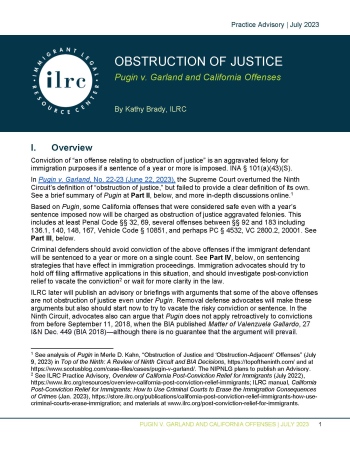
This Advisory discusses California offenses under Pugin, and discusses California criminal sentencing dispositions that avoid a sentence of a year or more for immigration purposes.
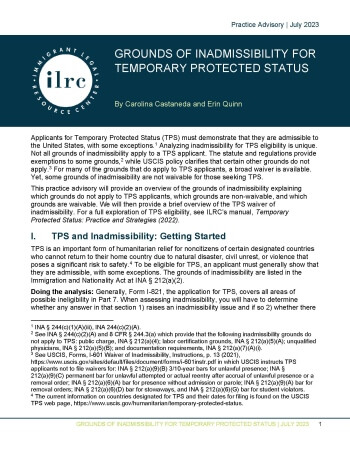
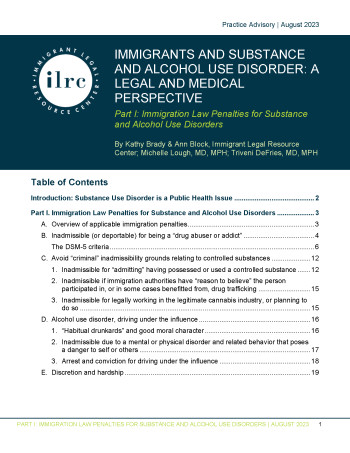
This Advisory is written by immigration attorneys and medical doctors specializing in SUD, to examine the issue from both perspectives. Part I of the advisory discusses the several immigration law penalties based on substance use (even when use has not risen to a disorder) and suggests legal defense strategies. Part II of the advisory reviews current medical information about the disorders and discusses how this information can address questions that arise in immigration proceedings.
